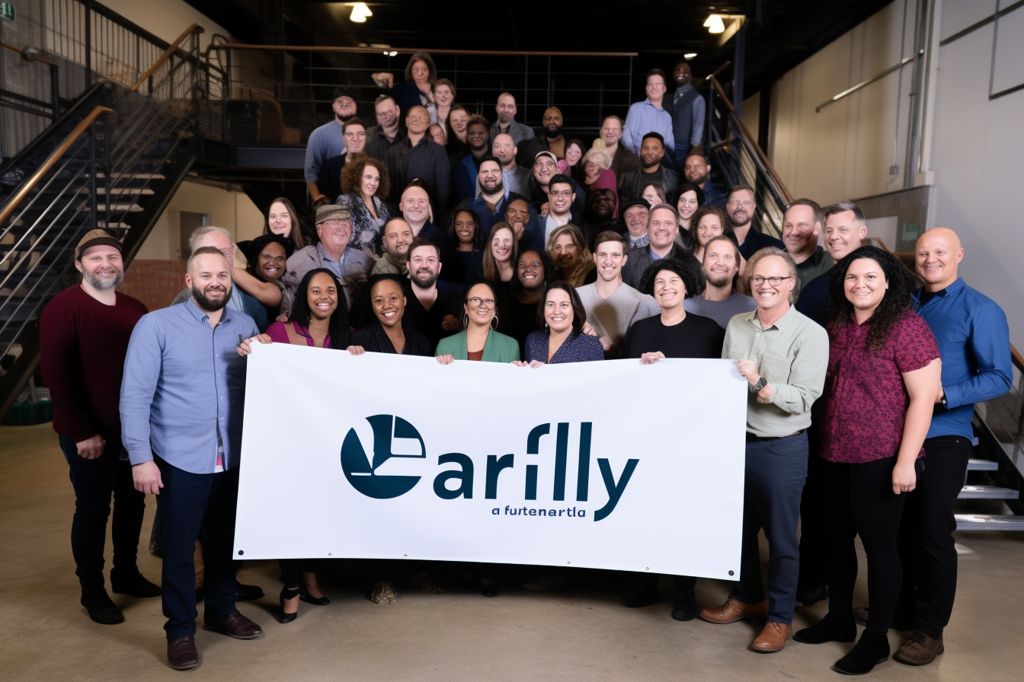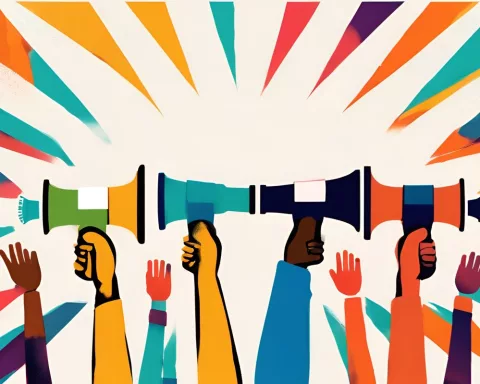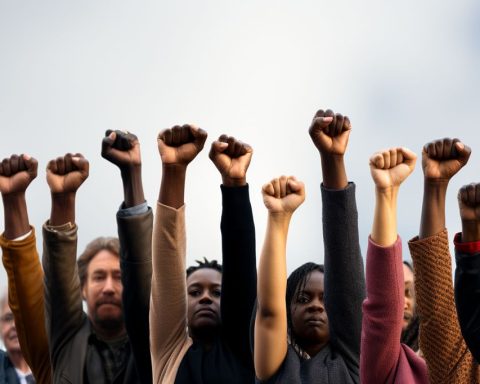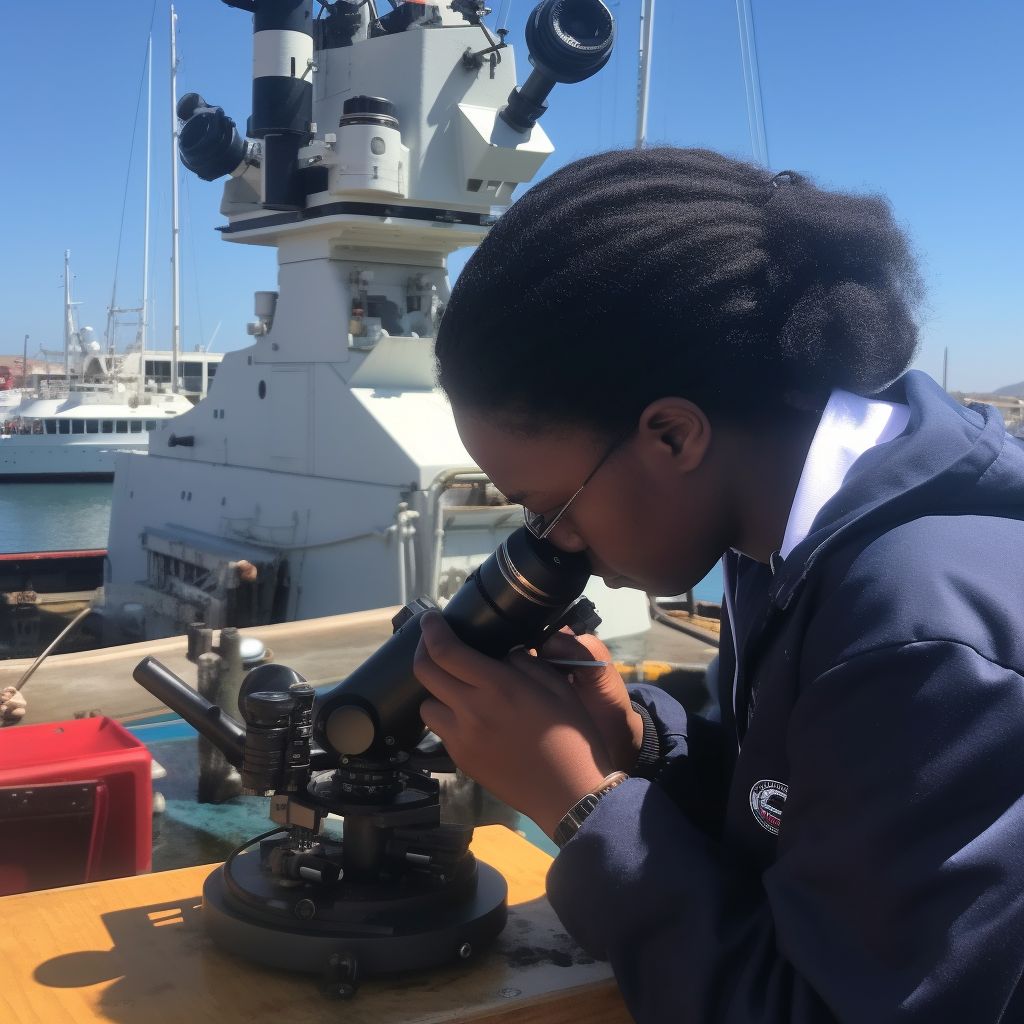South Africa’s Ministry of Employment and Labour is seeking public feedback on the Draft Employment Equity (EE) Regulations 2023. The proposed changes aim to establish sector-specific EE targets to ensure the equitable representation of suitably qualified individuals from designated groups across various occupational levels in the workforce. This article outlines the key details of the proposed regulations and the opportunities for public input.
Purpose of the Draft Employment Equity Regulations 2023
Section 15A of the amended Employment Equity Act 2023 allows the Minister to set numerical targets to ensure the equitable representation of designated groups across various occupational levels in the workforce. The proposed regulations aim to establish sector-specific targets for a five-year period to address the representation of different population groups and genders across the top four occupational levels.
The regulations also aim to consider employees with disabilities. The legislation was revised to allow the Minister to identify sectoral numerical targets, establish criteria for the issuance of certificates of compliance, and address other related matters.
Opportunities for Public Input
Citizens have until June 12, 2023, to submit their comments on the proposed regulations. The economic sectors earmarked for the new EE regulations include a wide range of industries such as agriculture, forestry, fishing, manufacturing, mining, quarrying, construction, finance, insurance, transportation, storage, information, communication, and many others.
Members of the public can submit their comments via email or hand-deliver them to the Employment Equity Directorate in Pretoria. The Ministry is eager to receive feedback and suggestions from the public as they work towards finalizing the proposed targets and regulations.
Importance of Public Input
The Draft Employment Equity Regulations 2023 reflect the South African government’s commitment to addressing historical inequalities and promoting inclusiveness in the workforce. By inviting public input, the Ministry hopes to incorporate diverse perspectives and ensure the regulations are both effective and fair.
Interested parties are encouraged to review the proposed regulations and make their voices heard. This process not only provides an opportunity for the public to contribute to shaping the future of South Africa’s workforce but also underscores the importance of collaboration between citizens and the government in promoting equity and inclusion for all.












